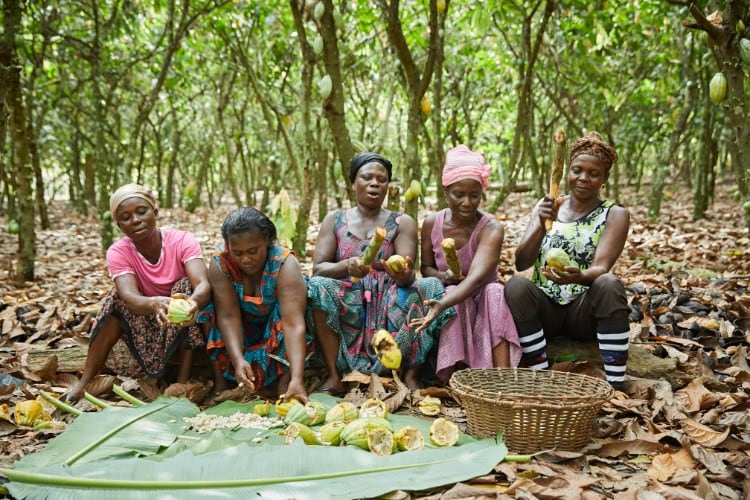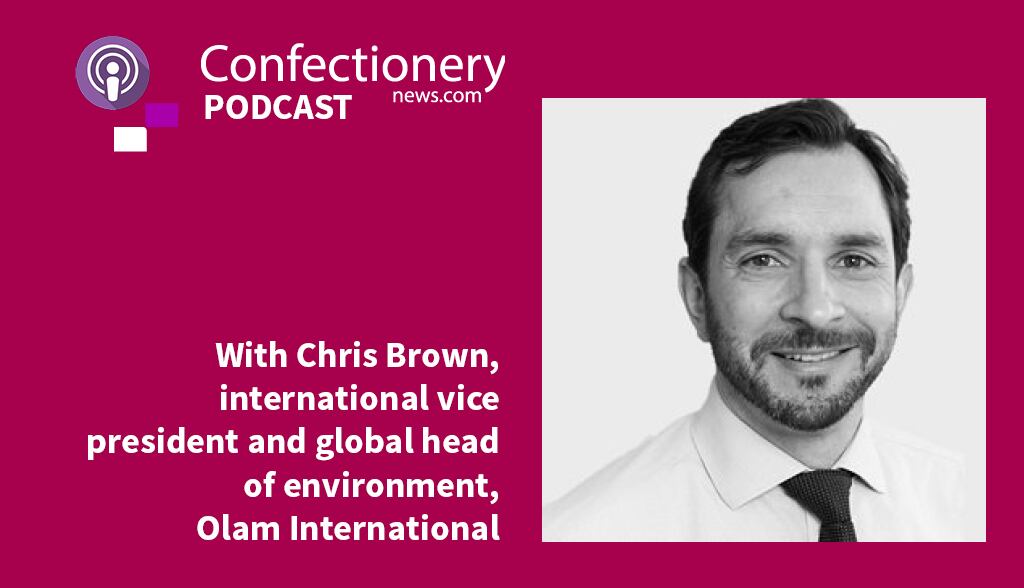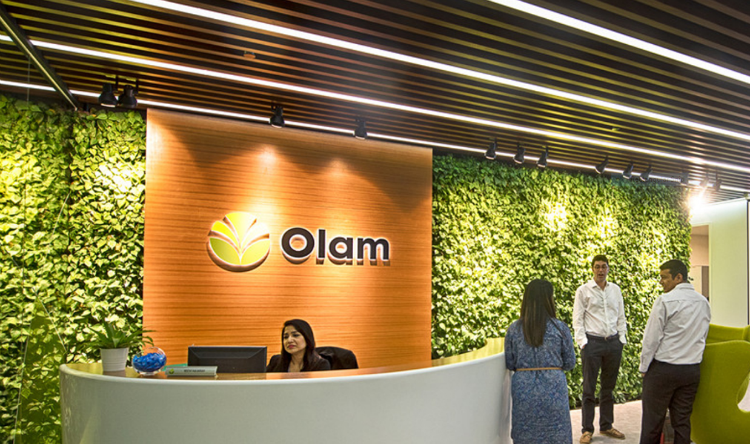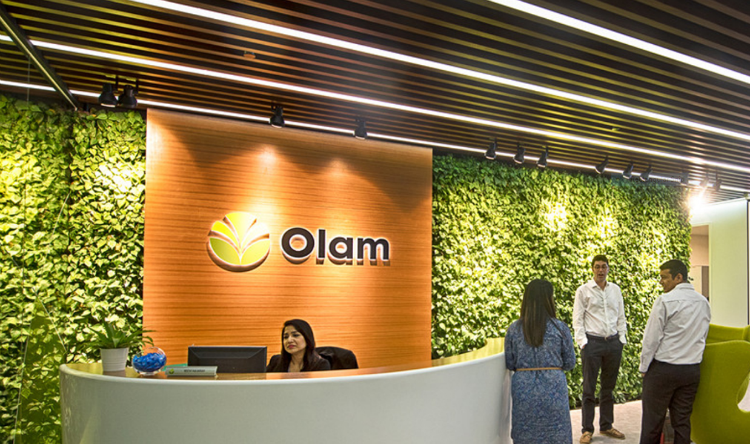
Brown told ConfectioneryNews in an exclusive podcast interview that there are some proactive financial companies already involved in cocoa sustainability that are challenging the status quo, but if the financial sector as whole begins to engage with the work that Olam and its rivals are undertaking, then it could be a key for a ‘catalyst of change’ on a landscape level within the cocoa industry.
To really move the needle on natural capital, it can’t be confined to the remit of sustainability teams but put into hands of decisionmakers – this means policy leads, financial institutions and for businesses, the finance and risk teams
Although he said he was positive about the future of cocoa, a company on its own isn't going to solve the sustainability problem.
“It's about involving the farmers and the communities. It's about involving the politicians and the regulators as well as the NGOS. These are landscape-level challenges that we must face and address to obtain the landscape-scale change in cocoa and bring multiple parties, often with conflicting points of view and needs, together to find a common pathway through it,” he said.
Back in June, Brown shared an article listing five priorities ‘for regenerating the living world’.
Food and agriculture are rooted in the world’s natural resources. These include all the plants, animals and micro-organisms that keep soils fertile, pollinate plants, purify water and air, and fight crop pests and disease, making them critical for food security.
The five priorities he listed that Olam International is currently involved in are:
Accounting for nature
Brown says human beings have failed to evidence and articulate the business case for nature in a way that cuts through the short-term, globalised financial system we operate in.
“Instead of GDP being the main metric for success, value should be assigned to the natural assets that underpin our economic prosperity,” he argues.
“To really move the needle on natural capital, it can’t be confined to the remit of sustainability teams but put into hands of decisionmakers – this means policy leads, financial institutions and for businesses, the finance and risk teams.”
AtSource
Through Olam’s sustainable sourcing platform AtSource, customers can track the environmental footprint – broken down into carbon, waste, water and 33 other indicators – from its farms to their doorstep; and through this insight, help the company shape real change on the ground, particularly in terms of addressing the wider needs of the landscape.
Brown says Olam's Infinity project in action in Ghana, co-created with Rainforest Alliance and in collaboration with Partnership for Forests (P4F), is incentivising 10,000 cocoa farmers to protect and restore the Sui River Forest Reserve by helping them increase their yields through more sustainable agricultural practices and access to new income-generating opportunities.
Restoring the balance between agriculture and ecosystems
Through its ‘net-positive’ approach within Olam’s Living Landscapes Policy, Brown says it is building resilience into its supply chains with ecosystem conservation and regenerative farming practices, with the long-term goal of putting back more into food and farming systems than they are taking out.
“This resilience is ultimately what will determine our, and indeed the planet’s, ability to continue satisfying the world’s food demands,” he says.
Deforestation
Understanding deforestation close to, or linked to smallholder suppliers, “is a huge task,” says Brown. “For this reason, we have developed the Forest Loss Risk Index (FLRI) to identify deforestation ‘hotspots’, predominantly in cocoa and coffee supply chains, where we need to focus our attention.”
He says Olam has applied risk assessments to over 400 country and product combinations so far using the Olam Farmer Information System (OFIS) to map exactly where farmers are operating relative to the deforestation and work with them to prevent land expansion, while promoting productivity.
Scale
Olam’s CEO and Chair of WBCSD Sunny Verghese is on record as saying, “system transformation requires surprising alliances”. Brown explains that Olam’s efforts to mitigate and create natural capital impacts have taken it beyond its own walls to drive real change at country-level, through cross-sector collaborations.
- Listen to the podcast for more on Olam’s sustainability efforts and how it is managing the COVID-19 crisis.



